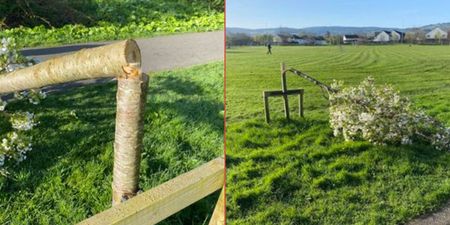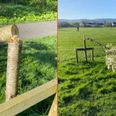This Christmas, we’ve teamed up with Focus Ireland to share some of the incredible stories from people who have experienced homelessness. In the first nine months of 2018 Focus Ireland helped more than 13,000 people, a 6% rise in a year. Focus Ireland prevents people from experiencing homelessness and helps those impacted by homelessness to find a stable home. These are personal stories, from childhood to adulthood, of loss, poverty, resilience and hope; stories that have been written as a result of collaboration between Catherine Dunne and Focus Ireland. We thank sincerely all those who have chosen to share their stories.
Alan’s Story
One of Alan’s earliest memories is listening to music. His mother used to buy the occasional LP when the family lived in Manchester, and he remembers the strains of James Last and his orchestra filling the house. He remembers particularly their rendition of The Beatles’ Let it Be.
Alan also recalls vividly how, at eight years of age, he was a whizz at chess. He wasn’t great at maths, he says, but he was able to beat the socks off everyone else at chess. Alan took great delight in being unbeatable. He still plays, but not at the level he’d like.
Alan remembers an orderly, disciplined family life in Britain. An ordinary life, shared with his parents and his seven siblings.
After their return to Dublin, Alan remembers that his family life became completely chaotic.
All of Alan’s numerous family were born in Britain. But sometime in the seventies, his mother discovered she had terminal cancer. So they came back to Dublin when Alan was nine.
‘There were no boundaries,’ he says, ‘we all used to come and go as we pleased. We were wild.’ He’d find pallets, chop them up for firewood and sell sticks door-to-door.
At the time they moved back, family support systems were almost non-existent in Ireland, unlike the UK. The return to Dublin was hard, fraught with difficulties and soon after, it was as though the family structure suddenly began to crumble. One by one, everyone he cared about began to fall through the cracks.
Alan remembers how badly he needed to escape.
Money was tight in those days. He remembers the St Vincent de Paul calling every week to the family home. They used to give his mother five pounds: a help, but not enough to support such a big family. His father came from a ‘normal background’, but his mother’s family always sailed close to the wind. ‘We were all shoplifters.’ He shakes his head. ‘I was tired of the chaos, the police raids,’ he says. ‘I wanted out of the house. And I wanted out for good.’
At the age of fourteen, he had, he remembers, what amounted to a clear ‘moment of realisation’. He knew that if he stayed in that family environment, he would be doomed for the rest of his life to repeating his parents’ mistakes.
He was determined to find a better way, a better life.
Even now, all these years later, he remembers that moment as one of an intense awareness of himself and his future.
Alan had been attending a special school, as he hadn’t been able to cope in the mainstream system. The headmaster there, a kindly man, recognised Alan’s intelligence and realised that he was in crisis. He contacted a social worker, who agreed that Alan was a vulnerable young teenager who couldn’t live with his family anymore.
The social worker was a caring woman that Alan still remembers with great fondness. She found a place for him in the care of Don Bosco House: a residential centre with house mothers, rules and regulations, security and certainty.
‘It was like living in a normal house,’ he says, ‘only that it was big. I thrived under the boundaries there. I had a regular routine, an apprenticeship. It was good.’
But it was becoming increasingly difficult to keep his life on the rails.
When Alan was seventeen, both of his parents died, within six months of each other. It was a devastating double loss. When Alan left Don Bosco shortly afterwards, he moved in and out of a variety of jobs – kitchen porter, breakfast chef. He succumbed to addiction, ended up getting into trouble with the law and did time in prison.
What saved him on several occasions was a long-term loving relationship. For almost three decades, Alan was with a woman who cared for him. No matter how many times he fell, she forgave him and took him back, but there was unbearable pressure on them as a couple and the relationship fractured for good.
Afterwards, his life became a downward spiral. Alan’s mental and physical health suffered. He lost his accommodation – a flat on Dublin’s South Circular Road
Having a home is what keeps him grounded.
What rescued him, was when his name was put his name forward for accommodation in Stanhope Green, long-term supported housing facility run by Focus Ireland. He has a flat now, and is grateful to Sr Stan and Focus Ireland.
Thanks to the incredible help from Focus Ireland, he turned his life around and sought help for his addiction. He has been drug-free for over two years. Having found his feet, he had a daily routine.
These days, Alan is a frequent visitor to PETE – Preparation for Education, Training and Employment, run by Focus Ireland in Smithfield. There are courses there – computers, self-advocacy, literacy.
Providing comfort, care and structure, Focus Ireland allowed Alan to get his life back on track and help nurture the confidence for him to get by, day to day. So much goes into each person Focus Ireland takes under their wing, and with your support they can change people’s lives every day.
Every 8 hours a family is made homeless in Ireland. Together we can change this. Please help today by visiting focusireland.ie to make a donation, calling 1850 204 205 or Focus Ireland’s Instagram. Visit our hub for more information.
Note: All imagery sourced from stock.

Sponsored By
Focus Ireland
Founded in 1985 by Sr. Stan, Focus Ireland works with people who are homeless or at risk of losing their homes across Ireland. We are driven by the fundamental belief that homelessness is wrong. See more on their Instagram.
Topics:
RELATED ARTICLES
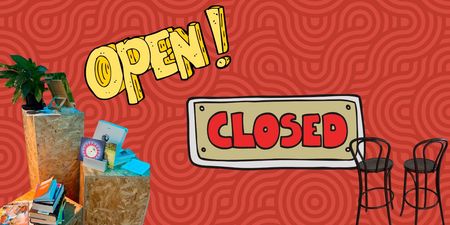





MORE FROM Lovin Dublin
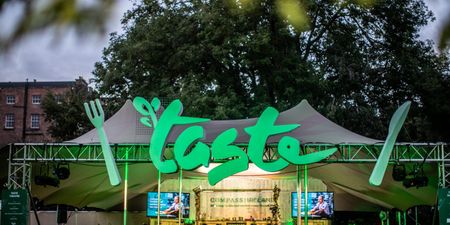





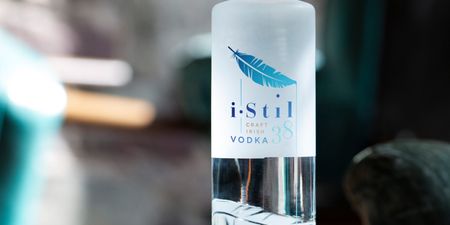


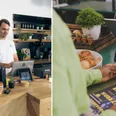




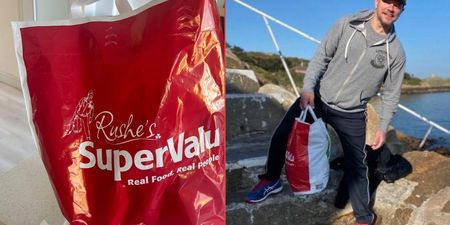

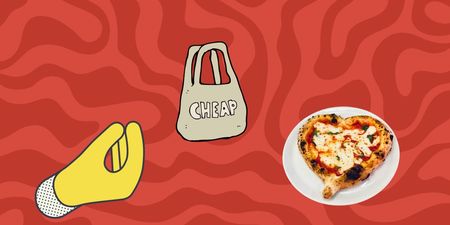

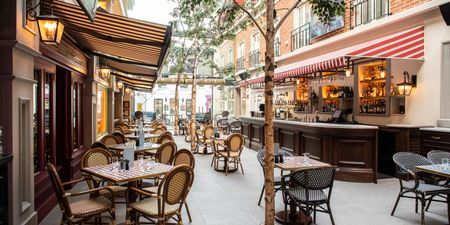
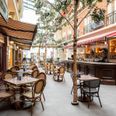
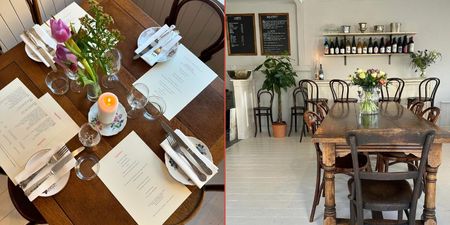



MORE FROM Lovin Dublin


